Mold has the ability to grow in your home year-round. However, damp, dark conditions make it even easier for mold to root itself in your basement, where it can then travel throughout your home. Once mold spores begin to appear, it’s very difficult to remove them. Plus, not only is mold smelly and unsightly, but it can also affect your belongings, your property value, and even your health. That’s why we decided to create a comprehensive guide that explains how to prevent mold from growing in your basement.
Minimize Moisture
To prevent mold in the first place, you must remove any lingering moisture. We recommend you call on professionals to fix foundation cracks, leaking pipes, and unsealed doors and windows. These entrances make it easy for water to enter your home; ideally, you should seal any opening that water or water vapor can come through. Thus, it’s best for a trained professional to correctly resolve these issues. If your basement is still collecting water or flooding, contact a basement waterproofing company. The cause of this issue isn’t always obvious, and they can help you determine the excess moisture’s source.
Check Your Sump Pump
Your sump pump plays a leading role in preventing water buildup in your basement—its job is to collect extra water in your home’s foundation and redirect it away from your home. However, if your sump pump fails, your basement is more likely to flood; this water will attract mold. If necessary, take preventive measures and replace your sump pump. Should your sump pump fail, and you notice mold growth, contact a professional for mold remediation.
Choose Your Flooring Wisely
It’s easy for mold to grow on carpet, and unfortunately, you can’t properly remove it from this type of flooring. Mold can even grow underneath it! Instead, opt for a washable surface, such as ceramic or vinyl tile. Don’t forget to frequently clean and vacuum your floors.
Consider Exterior Waterproofing Methods
Waterproofing your home from the outside is just as important as waterproofing it from the inside. Any landscaping work you complete outdoors will keep rising water from spilling into your home. You should plan your landscaping around basement flood prevention. This way you can create a boundary around your home and decrease the amount of moisture that makes it into your basement.
Your gutters also protect your home from excess rainwater, so clean and inspect them often. Plus, if positioned correctly, downspouts should channel water away from your home’s foundation. You should have local professionals clean your home’s downspouts and ensure that they are set up properly.
Declutter Your Basement
Preventing mold can also be as simple as keeping a clutter-free space. Too many items cause congestion and can block air from flowing freely throughout your basement. If you must store objects in this area of your home, ensure they don’t make direct contact with the floors or walls.
Insulate Your Space
If you plan to use your basement as a habitable space, you must insulate it. When you insulate your basement’s pipes, walls, and windows, you actively prevent condensation and reduce humidity levels. As a bonus, insulation keeps your basement warm without adding extra moisture to the air.
Keep Plants Upstairs
While plants can make a basement look cozy, they shouldn’t live in this area of your home. They’re a source of food for mold, so ideally, plants should only be in locations with plenty of air and sun. However, if you insist on keeping foliage in your basement for decorative purposes, limit the number of plants you have down there. Additionally, be sure not to overwater them. Regularly check the leaves and soil; be sure to change the soil the moment you notice mold or mildew. You can also use an anti-fungal treatment on your plants.
Make Sure You Don’t Store Wood Downstairs
Similar to carpeting, mold can also live on organic materials—particularly wood. Firewood, wood floors, and wood furniture provide the nourishment mildew and mold needs to grow. According to the International Association of Certified Home Inspectors, “any time moisture levels in wood beams exceed about 20%, wood decay is taking place. Any time moisture levels exceed about 28%, mold colonies are probably growing.” If you can, store wood in an airy, open environment and away from your foundation.
Properly Vent Appliances
People commonly keep their appliances in their basements. But if you regularly use machines such as a washer and dryer, and it resides in your basement, make sure you vent it. Otherwise, the steam it produces has no place to go and your ceiling and walls will trap in this moisture. If you’re unable to vent your appliances, open your basement’s windows or use a fan.
Remove Stale Air
Mold is most active in high humidity, and because your basement is below ground, it’s easily the most humid area of your home. Mold growth skyrockets once your home’s relative humidity rises above 55%—in a basement, humidity can quickly rise. In these cases, you’ll need to replace the humid air with fresh air. To diminish humidity, hang wet clothes upstairs instead of in your basement. Another way you can remove humidity is to invest in an exhaust fan. It keeps your home dry and prevents standing surface water.
Use a Dehumidifier
A poorly ventilated basement is prone to mold growth, but a dehumidifier can really help with preventing this. While fans are effective, dehumidifiers remove excess moisture from areas that are harder to reach, such as beneath your floors. If you’re having issues controlling the high moisture levels in your basement, invest in a high-quality humidifier. It’ll dramatically accelerate the drying process if your basement floods.
Thankfully, your basement doesn’t have to be moldy. By taking steps now, you can ensure you have a healthy, undisturbed home. Give us a call before mold even has an opportunity to welcome itself into your home. The Real Seal specializes in basement waterproofing in Chicago, and we’re proud to be a dependable resource to the community. No matter the basement job, we complete it swiftly and efficiently.
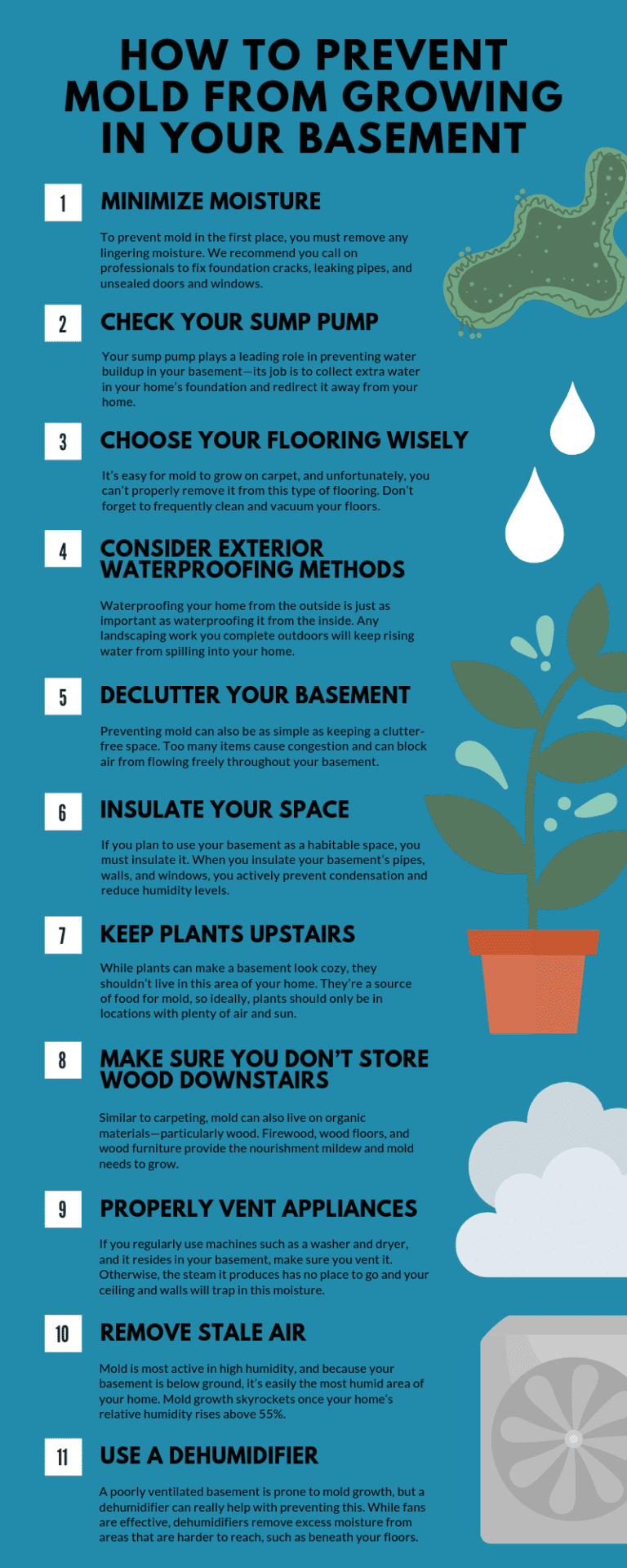
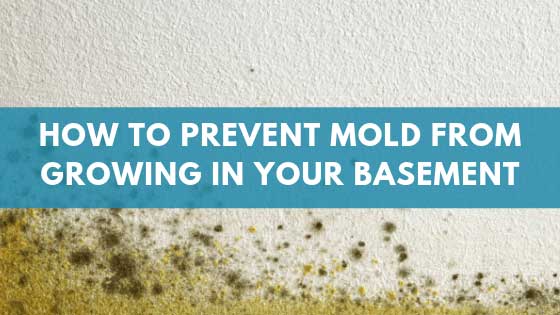
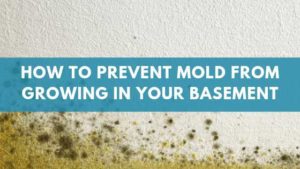
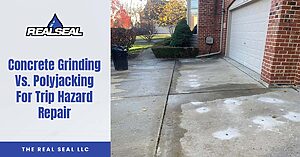
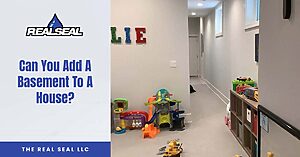
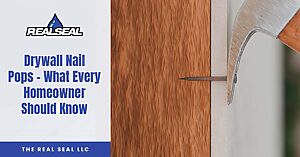
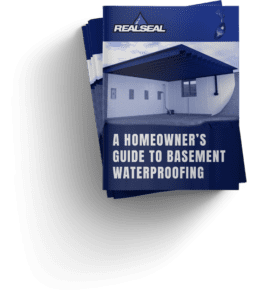

6 Responses
Very informative! It provides practical advice on identifying potential sources of moisture and implementing preventive measures to keep basements dry and mold-free.
Thanks Gents!
Mold removal
Hello Luis,
We do not do mold removal, but have referrals in the Chicagoland area if you are here!
This blog provides excellent tips on preventing mold in basements, especially with its emphasis on proper ventilation and moisture control. I appreciate the practical solutions shared, such as using dehumidifiers and sealing cracks. It’s a helpful read for anyone looking to protect their basement from mold growth effectively.
Thank you!